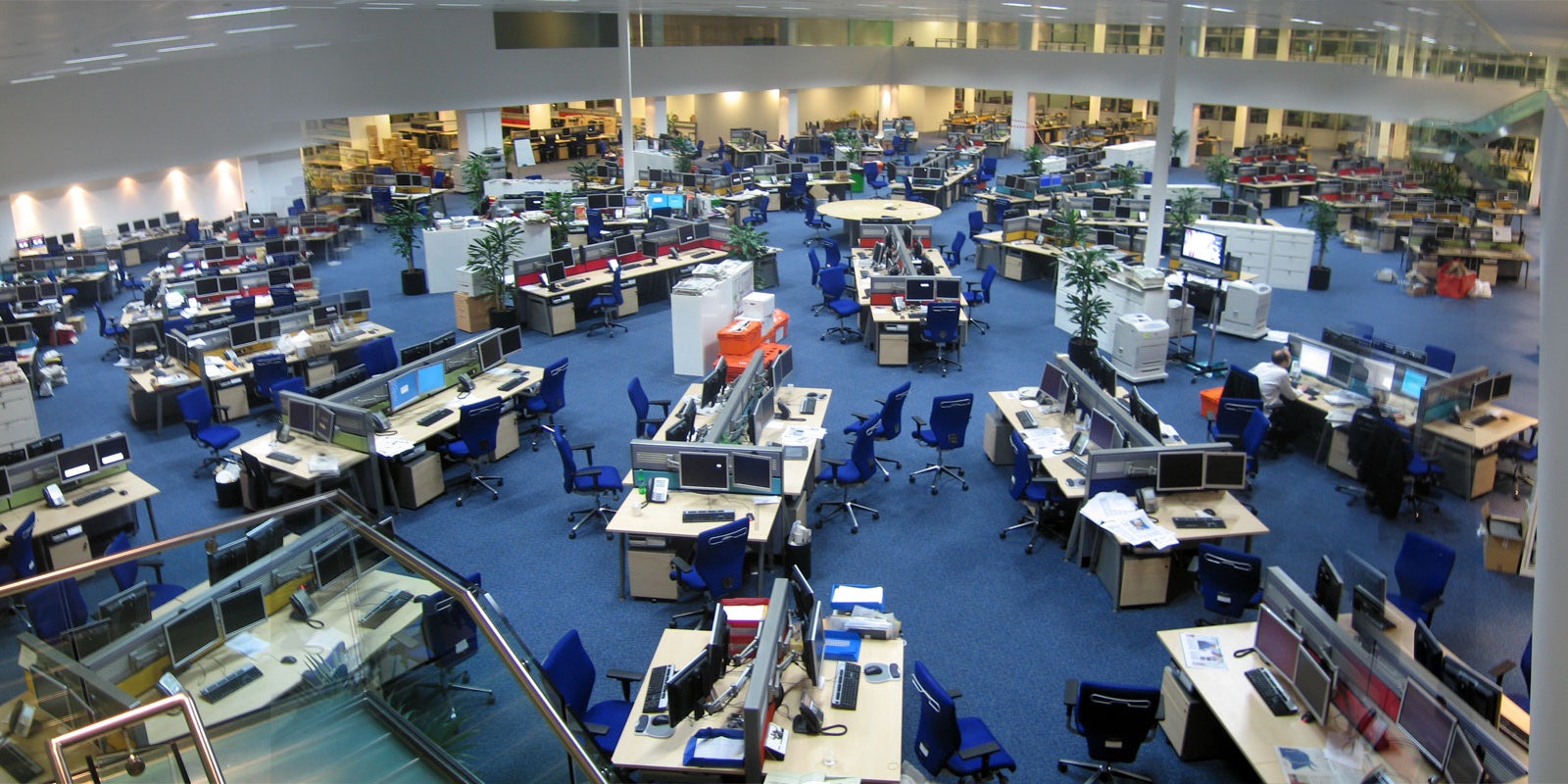Revelations that the U.S. government has spied on journalists has—perhaps unsurprisingly—affected the work of investigative reporters, a recent survey shows.
Roughly two-thirds of journalists surveyed by the Pew Research Center believe the U.S. government has likely collected data about their phone calls, emails, or online communications. As many as eight out of 10 say that being a journalist increases the likelihood of being targeted. Around 71 percent of journalists reporting on matters of national security or foreign affairs say their data has probably been collected.
Research by Pew, in conjunction with Columbia University’s Tow Center for Digital Journalism, shows that nearly half of investigative reporters have altered the way they store or share sensitive documents over the last year in response to surveillance concerns. Almost a third (29 percent) of the 454 respondents admit to changes in the way they communicate with fellow journalists and staff, and 38 percent say they have changed the way they communicate with sources.
According to Pew, only 2 percent of journalists have “a lot of confidence” in the ability of Internet service providers to protect their data from being accessed by unauthorized parties—71 percent have little or no confidence whatsoever.
Half of the journalists interviewed say their employers are not doing enough to protect them from surveillance and hacking. Only 21 percent say their companies have taken steps or implemented new policies to protect their sources, while 36 percent say no steps have been taken, and 42 percent weren’t sure. Around half reported that they’d received no formal training or instructions on electronic security from professional sources.
“Overall, these data paint a complex picture in which investigative journalists on the whole feel vulnerable to surveillance and hacking, but not to the degree that most are changing their journalistic practices dramatically or investing energy into figuring out how to do so,” Pew reported.
Pew’s survey is not the first in 2015 to address the issue of government surveillance and how it affects journalism. In January, PEN American published an alarming study that revealed the percentage of writers living in democratic countries who may be censoring themselves due to government surveillance is approaching levels reported by those living under authoritarian regimes—a consequence commonly known as a “chilling effect.” Roughly 34 percent of writers in free countries said they had avoided writing about specific issues due to surveillance concerns.
A 2013 study conducted by PEN revealed that U.S. writers were “overwhelmingly” concerned about government spying and had engaged in “multiple forms of self-censorship as a result.”
“Mass surveillance has badly shaken writers’ faith that democratic governments will respect their rights to privacy and freedom of expression,” PEN concluded.
Photo via David Sim/Flickr (CC BY 2.0)


